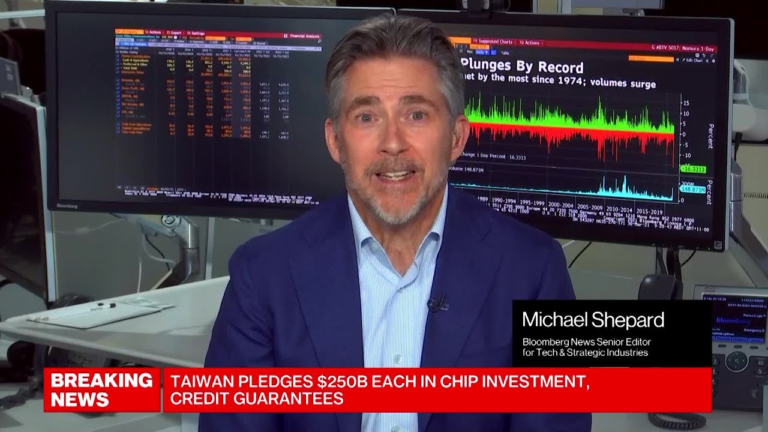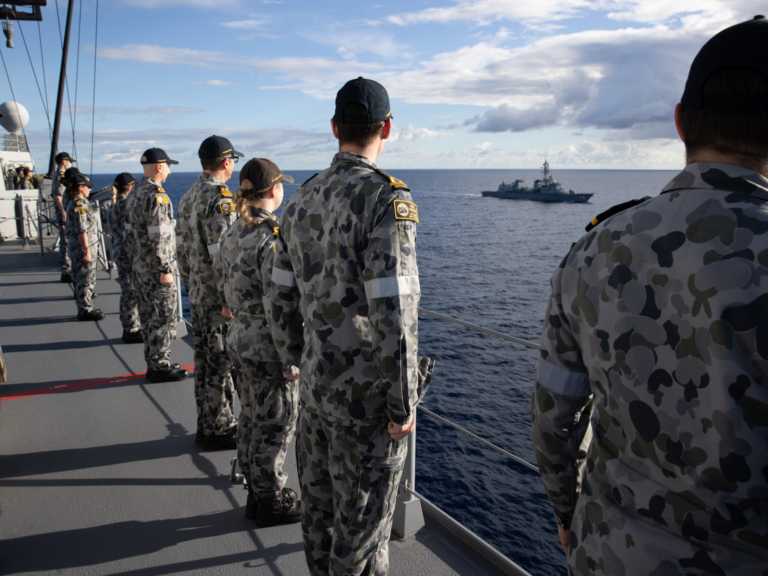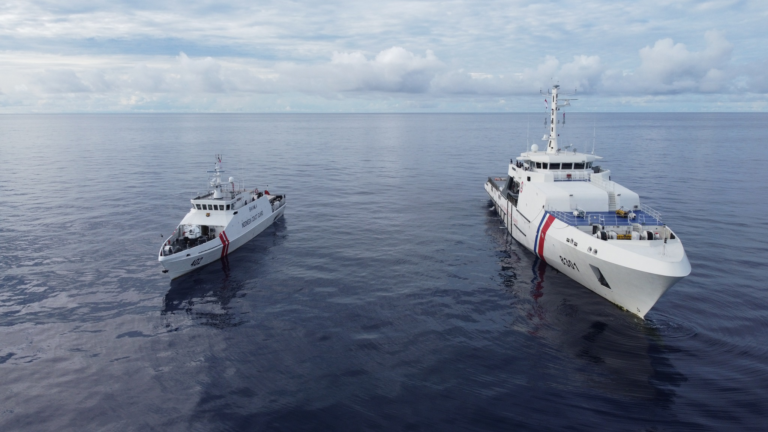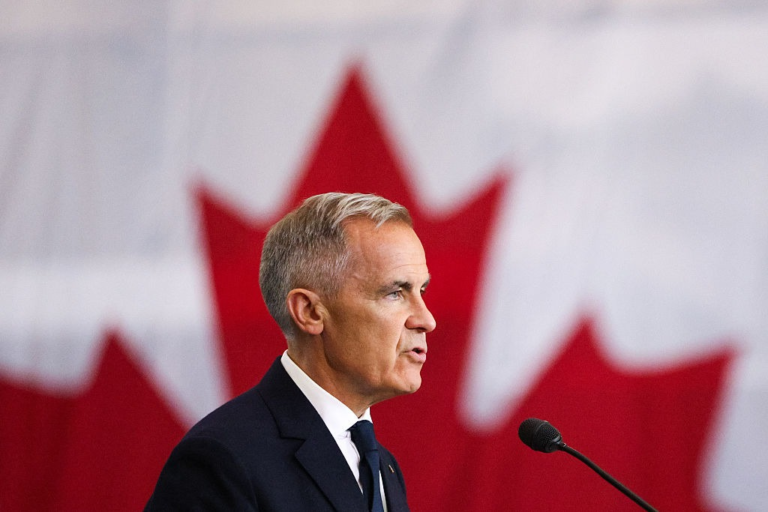
A Pentagon unit responsible for boosting the adoption of new commercial technologies by the US military is preparing to deploy officials to dozens of allied countries, as Washington struggles to counter China’s military build-up on its own.
The plan by the Defense Innovation Unit includes sending a representative to Taiwan this year to speed up collaboration on drones and tap into the country’s technology sector, as well as posting an official in Japan, according to three people with knowledge of the matter.
“We intend to place liaisons with allies and partners across the Indo-Pacific, Europe and the Middle East as quickly as personnel become available,” said a DIU spokesperson.
“Exchanging liaisons with like innovation organisations is an important component of the DIU’s international line of effort, as it allows [us] to seize collaboration opportunities early.”
The plan comes as China, which US military leaders have described as their most important competitor, continues to develop new weapons, including space, naval and missile systems, while the US defence industrial base struggles with capacity problems.
In 2021, China surprised Pentagon experts when it tested a hypersonic manoeuvrable spacecraft that fired a missile mid-flight. The then-chair of the US joint chiefs of staff compared the technological progress to the 1950s “Sputnik moment”, in which the Soviet Union beat the US to sending the first satellite into space.
Separately, China’s navy — already the world’s largest by number of ships — is growing much faster than its US counterpart as Beijing leverages a massive commercial shipbuilding industry that Washington no longer has.
General Chance Saltzman, space operations chief at the US Space Force, has repeatedly highlighted China’s advancements in space technology as a danger to the US.
Analysts have attributed Beijing’s often faster than expected progress in developing new arms to its access to much larger industry resources and its so-called military-civil fusion, a targeted policy of integrating civilian businesses with the military.
While US defence spending accounted for more than one-third of global research and development in the early years of the cold war, that share had dropped to just 3 per cent at the end of the last decade, according to Washington think-tank Center for a New American Security (CNAS).
The DIU was founded in 2015 to reverse that trend by tapping private enterprise for innovation and dual-use technologies that could quickly solve the armed forces’ operational challenges.
Two years ago, Washington ordered the DIU to concentrate on technologies most critical to the US military’s ability to win a war between major powers — for example, autonomous systems such as drones.
With this in mind, DIU signed collaboration agreements with counterparts in Singapore, Japan and the United Arab Emirates.
But so far, the UK is the only country where it has established a permanent presence, with an exchange of liaison officers in October last year.
Three people familiar with the matter said DIU was expected to station a liaison officer in Taiwan before the end of the year.
“Drones will certainly be a focus, but they will also be looking at connecting to the broader civilian and dual-use ecosystem, including the tech sector,” said one of the people.
The Taiwan liaison officer will be placed at the American Institute in Taiwan, the US quasi-embassy in the country, according to two people with knowledge of the plans.
Two people briefed on the plans said another priority was to embed a DIU official with the Japanese government. Japan’s Acquisition, Technology & Logistics Agency did not immediately respond to a request for comment.
The DIU’s head, Doug Beck, abruptly resigned on Monday and Emil Michael, the Pentagon’s chief technology officer, has taken over as acting director.
But the change is not expected to impact the liaison programme. “This Department of Defense will continue to ensure the successful transition of proven DIU initiatives that support the Secretary of Defense’s priorities,” said a US defence official.
Officials at two US allies said progress on building DIU’s links with industry abroad could be seen as a test of the willingness of US President Donald Trump to invest in a collaborative relationship.
“Much of the rhetoric we have heard from Trump officials has been demands for more money or suggestions that we can’t be trusted,” said an Asian national security official. “Putting someone here who values our technology, it will be a recognition that we can only achieve these things together.”





